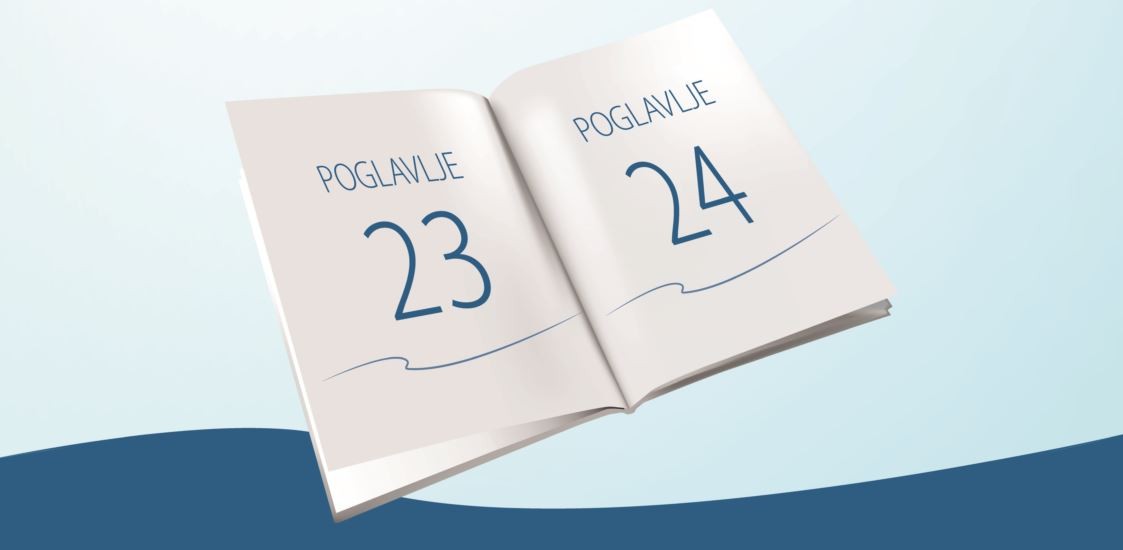This article is an integral part of the Coalition prEUgovor report on progress of Serbia in Chapters 23 and 24 for the period from November 2015 to April 2016.
The Law on Public Procurement was amended only in the area of preferential treatment of national products and suppliers, and the working group of the parliamentary committee that should prepare amendments to other sections of this document was established in 2015. The results of implementation of the existing anticorruption provisions of this Law are very limited, due to the weakness of certain provisions, and even more due to limited oversight capacities, primarily of the Public Procurement Office. Besides, not even the new Strategy for the Promotion of the Public Procurement System identifies all important problems in this area.[1] Large loopholes are evident in the implementation of rules on awarding state aid,[2] in regard to the scope of existing regulations, control mechanisms, and consistency in the implementation of existing regulations. One of the most prominent examples was the case of the Smederevo Steel Plant, where not only was the state aid awarded in a non-transparent manner, but there was also avoidance of control mechanisms through the use of government guarantees for loans.
In the area of public procurement oversight, the practice of appointing civilian supervisors for public procurements amounting above RSD 1 billion continued. However, there is no civilian supervision for confidential procurement in the security sector, for which significant amounts of funds tend to be spent. This means that a significant part of public spending is not under sufficient civilian scrutiny. Moreover, implementing organisational and legislative anticorruption standards in public procurement in the security institutions is overdue. For instance, institutional plans against corruption as well as organisational units for planning procurement have still not been established.
The EU Directive 2014/24 prescribes the best value criterion as a sole criterion in public procurement of private security services, as it guarantees more quality and better control. The EU countries have a deadline of 18-24 months to adapt their legislation in line with this Directive. The Public Procurement Law (Official Gazette of the Republic of Serbia, no. 124/2012, 14/2015) defined that all public procurements could be conducted selecting one of the two criteria: the best value or the lowest price. In Serbia, the criterion of lowest price became the dominant model in the procurement of private security services, affecting the quality of such services and even stimulating the black and grey economy. Private security companies have 50% of their contracts with the state, and 80% of all physical security is ensured with the state, which increases the risk of corruption.
Recommendations:
- Serbia should amend the Public Procurement Law in line with the EU Directive 2014/24 and prescribe the best value as the only criterion for public procurement of private security services.

